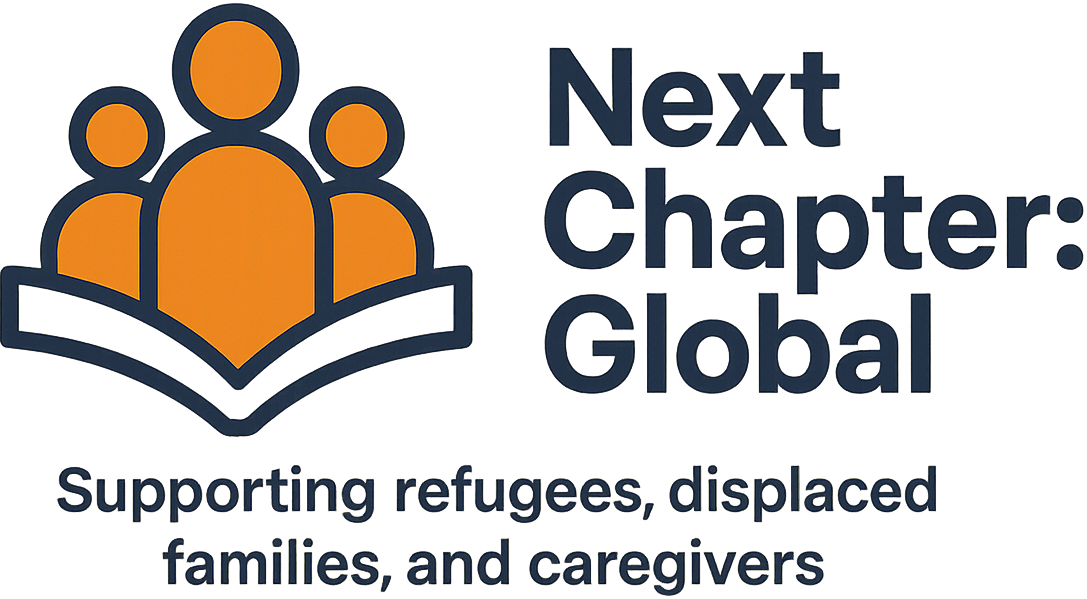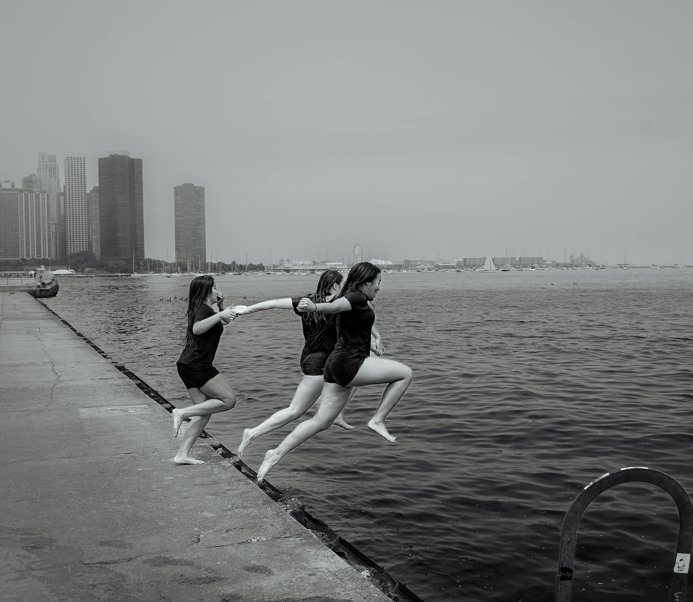Home isn’t always a place. Sometimes it’s the moment you stop feeling like a stranger — even for a minute.
For millions forced to start over, belonging becomes the quiet dream behind all others: to be seen, to be understood, to be part of something again.
Displacement tears more than geography. It unravels identity, community, and rhythm — the invisible web that holds life together.
When people arrive in a new country, they carry not only documents and memories, but also the question: Where do I belong now?
🌍 The Slow Work of Re-rooting
Belonging doesn’t happen when papers are approved or when language is learned. It happens in small, unplanned encounters — when someone pronounces your name correctly, when a neighbor smiles without pity, when your story is met not with curiosity, but with respect.
It’s a process of re-rooting.
But roots don’t grow in concrete — they grow in connection. And connection takes time, patience, and the courage to show up even when you still feel foreign.
💬 What People Told Us
When we asked families and individuals who’ve rebuilt their lives what helped them feel at home again, their answers were simple but profound:
- “When someone asked me what I miss.”
— Belonging starts with being asked, not judged. Curiosity without compassion isolates; compassion without curiosity connects. - “When I was able to help someone else.”
— Contributing creates dignity. Offering help — even small — shifts identity from “refugee” to “neighbor.” - “When I stopped hiding my story.”
— Silence is heavy. The moment people can speak about their journey without shame, they begin to rebuild themselves from within.
🪴 Practical Ways to Create Belonging
For those beginning anew, and for communities welcoming them — here’s what makes belonging real:
1. Build micro-communities, not institutions.
A shared kitchen, a weekly language meetup, a storytelling circle — small, consistent gatherings make people feel part of a rhythm again. Don’t wait for large funding; start with what’s already in your hands.
2. Let people give, not only receive.
Invite newcomers to share their culture, skills, and knowledge. Exchange, not charity, restores balance and mutual respect.
3. Honor identity.
Use people’s names, ask about their traditions, invite them to teach something from their world. It’s not about tolerance — it’s about shared humanity.
4. Create spaces of trust.
Whether digital or local, people need safe environments to speak honestly — not just about logistics, but about fear, loss, and hopes. Listening is healing.
5. Celebrate the small returns of normal life.
A child’s laughter in a new park, the first paycheck, a homemade dish shared at a community table — these are milestones of belonging as real as any passport.
💡 For Those Still Searching
If you’re still looking for that sense of home, remember: belonging is not found, it’s built.
It’s okay to feel lost for a while. Healing doesn’t mean forgetting where you came from — it means allowing your roots to grow in two places at once.
You belong not because you fit perfectly, but because you are human — and humanity itself is the largest home we share.
💖 In the End
Home is not a single place on the map.
It’s every space where your presence is met with kindness instead of suspicion, every voice that says, “I see you.”
To find belonging far from home is to rediscover the truth that connects us all:
we become whole again only when we become part of one another.
Related Articles
Continue your journey with these related stories and insights
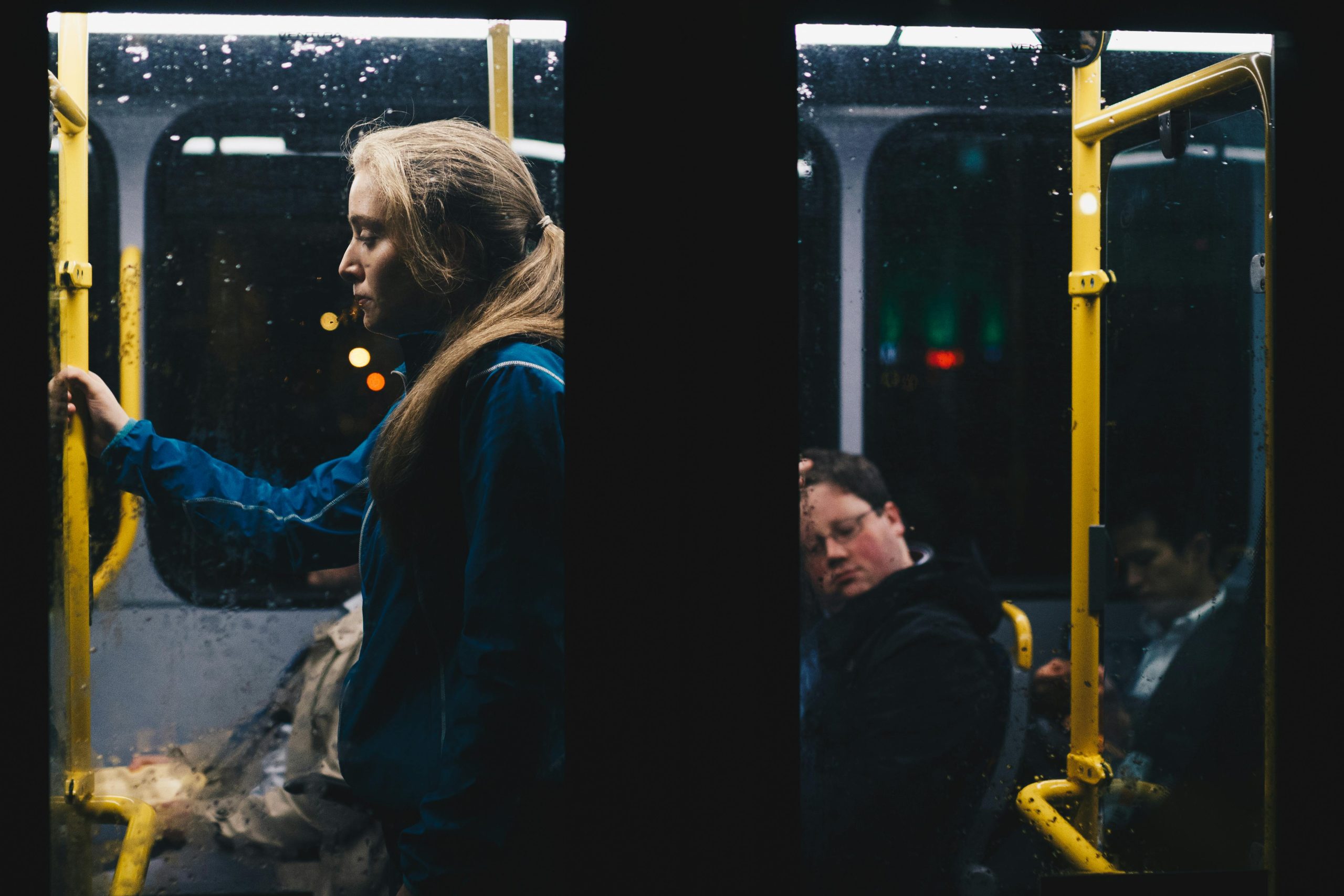
5 Lessons from People Who Rebuilt Their Lives
From small steps to new purpose — these five lessons come from people who turned loss into growth. Their stories remind us that rebuilding a life is not about returning to the past, but rediscovering hope for the future.
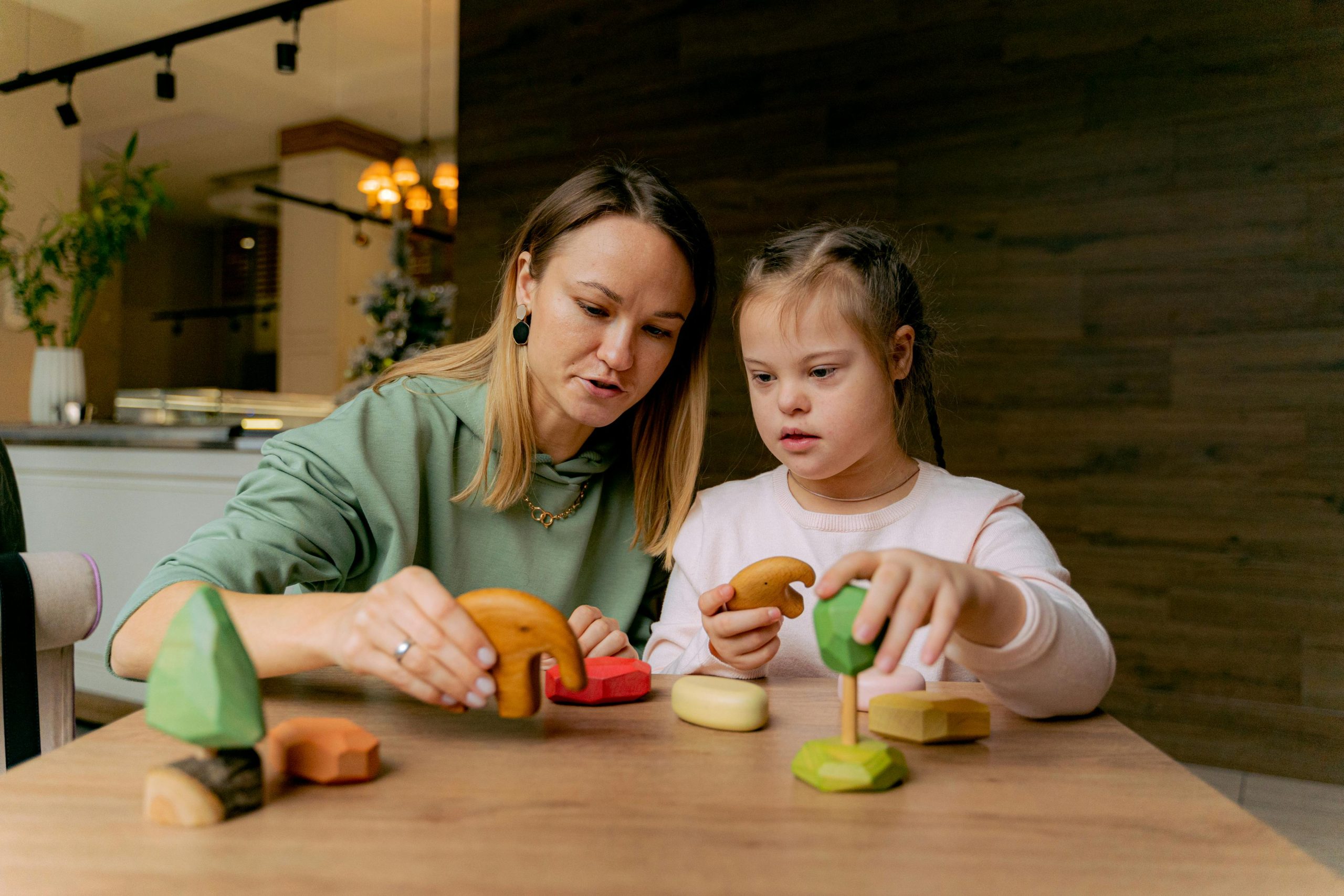
Caregivers: The Unsung Heroes of Recovery
Caregivers are the quiet force behind every story of healing. They listen, hold space, and bring hope where life once fell apart — often without recognition. This article is a tribute to those who make recovery possible, one act of care at a time.
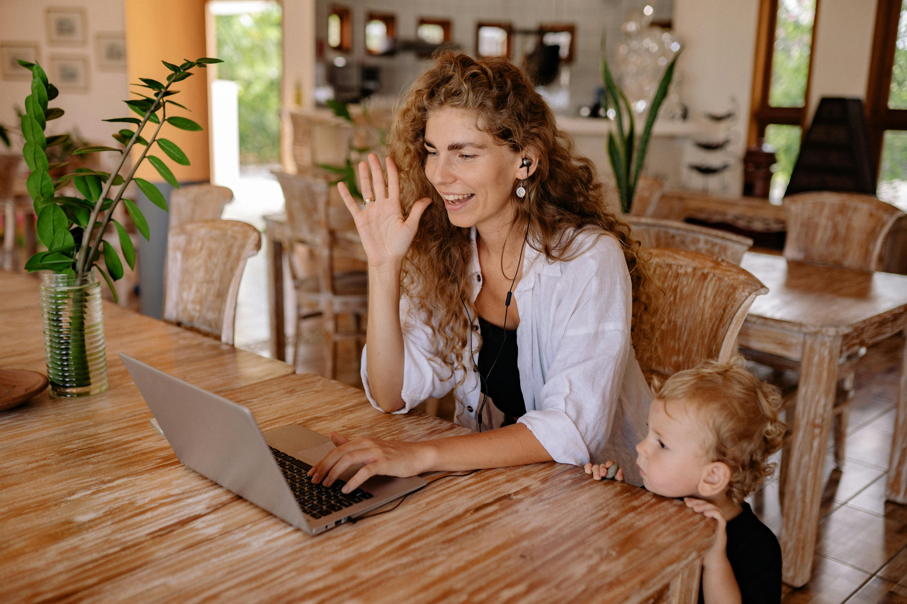
The Power of Not Being Alone
Recovery begins the moment we realize we’re not alone. Connection — not just aid — is what truly rebuilds lives after loss and displacement. This story is about the quiet, transformative power of human presence — and how belonging helps people grow again.
